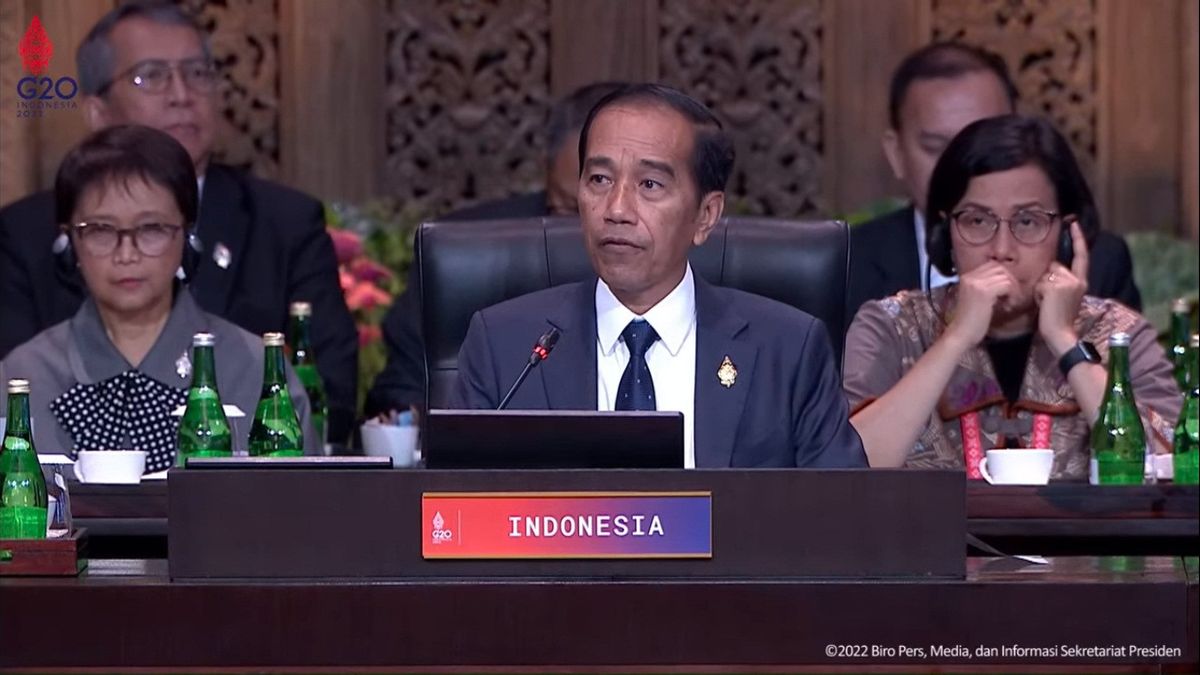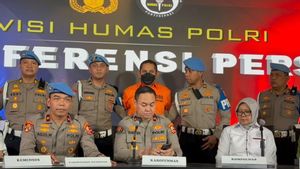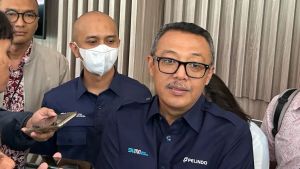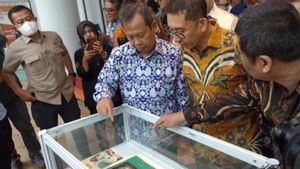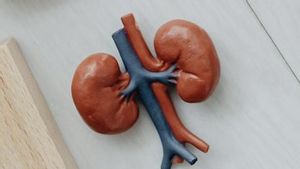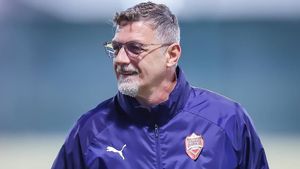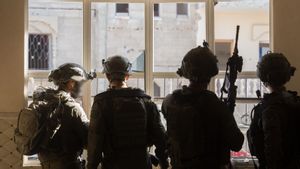JAKARTA - The world is facing extraordinary challenges. The unfinished COVID-19 pandemic, war, uphill rivalry has shaken world economic stability. Almost all countries, especially developing countries, are experiencing a crisis in the food, energy and financial security sectors.
If he doesn't take steps immediately, President Jokowi is worried that the world will become more gloomy next year. For example in the food security sector. The availability of fertilizer should not be underestimated. The rarer it is, countries in various parts of the world will be more vulnerable to crop failure.
"When that happens, 48 developing countries with the highest level of food vulnerability will certainly face very serious conditions," said Jokowi when opening the G20 Bali Summit, Tuesday (15/11).
The United Nations Food and Agriculture Organization (FAO) also said that acute-level food insecurity will continue to increase until early 2023. The Global Report on Food Crisis 2022 Mid-year Update estimates that there will be 205 million people in 45 countries who will face acute food insecurity and require urgent food assistance during that period.
In addition, around 45 million people in 37 countries are projected to have little food so they will be malnourished, at risk of dying or already facing hunger and death, FAO said in its official statement last October.
In an interview with AP on September 22, World Food Program (WFP) Head David Beasley also urged donor countries to take preventive steps to resolve fuel, wheat, fertilizer, and other basic necessities. Otherwise, the world will be hit by chaos.
On that basis, President Jokowi invited the heads of G20 member countries to be wise, prioritize collaboration to save the world.
"We have no other choice. The paradigm of collaboration is needed to save the world. We all have responsibility, not only for our people, but also for the people of the world," said Jokowi.
The increasing rivalry must be suppressed immediately. Thus, the tendency to violate international law can be suppressed. Each country can respect and respect each other.
Being responsible here also means we have to end the war. If war doesn't end, it will be difficult for the world to move forward. If war doesn't end, it will be difficult for us to be responsible for the future of the present generation and future generations. We shouldn't divide the world into parts. We shouldn't let the world fall into a cold war anymore," President Jokowi continued.
As the G20 Presidency, Indonesia has made every effort to bridge the very deep, very wide differences. However, success will only be achieved if all, without exception, are committed, work hard, set aside differences to produce something concrete, something useful for the world.
Today the eyes of the world are on our meeting. Will we score success? Or will it add another number of failures? For me, the G20 must be successful and must not fail," Jokowi continued.
Indonesia hopes that the G20 can continue to be an inclusive catalyst for economic recovery. In the midst of a very difficult situation, the G20 continues to work in order to produce concrete achievements.
Prepared funds to deal with the upcoming pandemic fund, assist the fiscal space of low-income countries through resilience and sustainability, encourage the acceleration of the achievement of SDGs, produce hundreds of concrete cooperation, and support the greener and more sustainable world economy recovery through the Bali Compact regarding energy transition.
"We are not just talking, but taking concrete steps. Let's show the world that we can be wise, bear responsibility, and show a leadership spirit. Let's work, and let's work together for the world. Recover together, recover stronger," added President Jokowi.
The same thing was said by the Prime Minister of India, Narendra Modi. He also called for peace and diplomatic negotiations to end the Russia-Ukraine war.
"I have repeatedly said that we must find a way to get back to the path of ceasefire and diplomacy in Ukraine," Modi said in a speech at the G20 Bali Summit, Tuesday (15/11).
What is needed now is concrete and collective determination to ensure peace, harmony, and world security. Related to this, India can geopolitically take on the role of negotiators for peace if both sides agree to sit down together.
Launching The Guardian,India has abstained from all UN voices condemning Russia's invasion and remaining neutral. But behind the scenes, Modi remains in constant contact with Putin. India has reportedly played a role in persuading Russia to allow Ukrainian oat ships to leave ports to facilitate food routes for the world's population.
India will take over the G20 presidency next year and will host the summit. Modi assumed, "PBB has failed to address some of the most pressing challenges at this time. Therefore, the relevance of the G20 has become more significant."
The English, Chinese, Japanese, Arabic, and French versions are automatically generated by the AI. So there may still be inaccuracies in translating, please always see Indonesian as our main language. (system supported by DigitalSiber.id)
